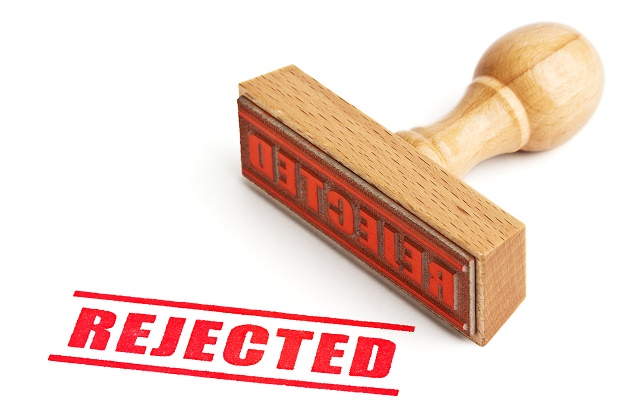The UK high court has dismissed an unexplained wealth order (UWO) which sought to uncover how family members of a former Kazakh president acquired £80m ($98.8m, €90.9m) worth of property in the country.
A UWO allows investigators to freeze assets if they suspect the money invested in them had been laundered or obtained from criminal activities.
According to anti-corruption activist group Transparency International UK, the order refers to three properties in London: a mansion on Bishops Avenue, a luxury apartment in Brompton, and a house in Highgate.
The National Crime Agency (NCA), which issued the UWO, alleged that the funds used to purchase the properties were obtained illicitly and were linked to the son of the former president of Kazakhstan, who the used the money to buy the luxury houses for his son.
But in her judgement, justice Lang said the NCA did not have enough evidence to prove the former president’s son was the source of the funds.
No legal precedents
Graeme Biggar, the NCA’s director general of the national economic crime centre, said the agency will appeal the high court’s decision.
“The UK’s robust legal system is recognised worldwide and the ability to challenge decisions is a key part of that reputation.
“UWOs are new legislation and we always expected there would be significant legal challenge over their use.
“We disagree with this decision to discharge the UWOs and will be filing an appeal. These hearings will establish the case law on which future judgments will be based, so it is vital that we get this right.
“The NCA is tenacious. We have been very clear that we will use all the legislation at our disposal to pursue suspected illicit finance and we will continue to do so,” he added.
Investigations will carry on
While the high court’s decision will require greater work from law enforcement agencies, Transparency International UK said this is the time for the UK government to intervene and make the uncovering of suspicious wealth easier.
Duncan Hames, director of policy at Transparency International UK, said: “This decision is a setback for the NCA, but it is encouraging to see they will appeal the ruling.
“The complex web of secretive companies that owned these properties made it extremely difficult for investigators to identify the individuals behind them and their source of funds. Despite this setback, we urge UK law enforcement to continue to make use of these powers to address the £5bn worth of property that we have flagged as bought with suspicious wealth.
“This case has highlighted major weaknesses in the UK’s defences against dirty money that should be addressed urgently.
“Secretive corporate ownership continues to be a pervasive issue across the UK with tens of thousands of properties owned by opaque offshore vehicles. Our research shows these arrangements are used with great frequency by the corrupt to hide their identities and the true source of their funds.
“The government should require transparency over who really owns secretive offshore companies holding UK property, making it easier to identify property bought with suspicious wealth and giving the corrupt no place to hide,” he added.
Editor’s note: The NCA was subsequently denied permission to appeal on the grounds it had no prospect of success, a spokesperson for Mischon de Reya confirmed to International Adviser in July 2020.
The judge has ordered the NCA to pay their legal costs. The case is now closed.








